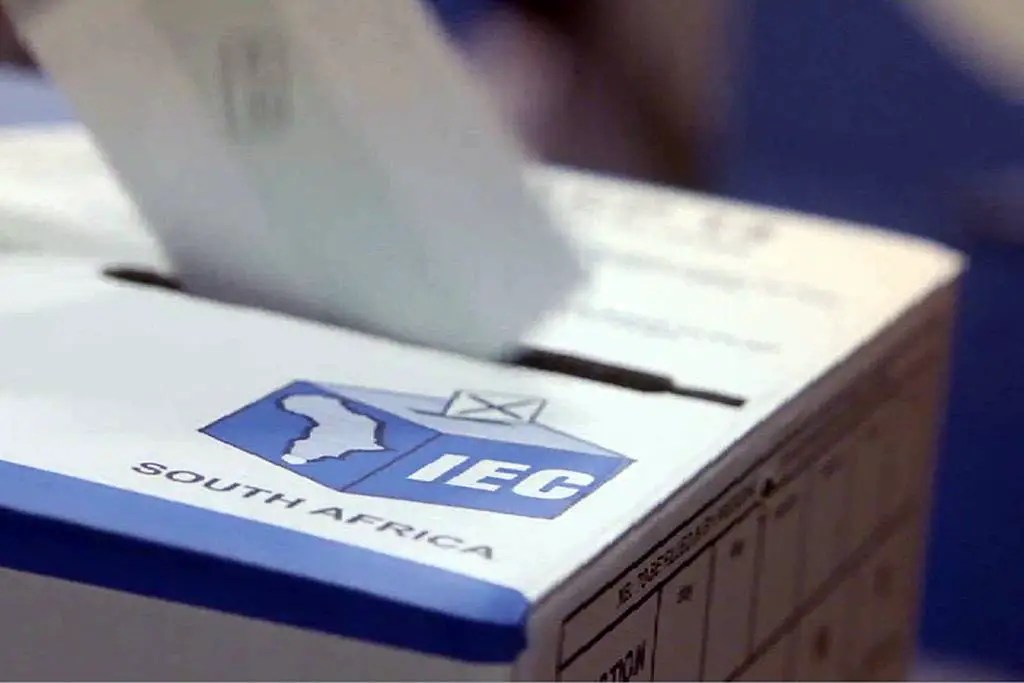
SA general elections 2024: IEC confirms record 27.79 million eligible voters
The 2024 South African general elections could set a record for the most votes cast on Wednesday, 29 May, with females leading the way …

The 2024 South African general elections could set a record for the most votes cast on Wednesday, 29 May.
According to the official IEC website, over 27.79 million voters are eligible to mark their ‘X’ in the national and provincial election in 11 weeks’ time.
This represents the highest total since the dawn of democracy in the country.
GAUTENG HAS THE MOST SA ELECTIONS 2024 VOTERS
Since the voters’ roll was compiled for the first time ahead of the 1999 national and provincial elections, it (the voters’ roll) has shown steady growth of over 35% and contains the highest number of registered voters, recording an increase of 9.6 million voters since the 1999 general elections.
The table below illustrates the rate of growth on the voters’ roll for successive elections:
| Elections | Voters |
| 1999 | 18.17 million |
| 2004 | 20.67 million |
| 2009 | 23.18 million |
| 2014 | 25.39 million |
| 2019 | 26.76 million |
| 2024 | 27.79 million |
Interestingly, while 26 756 649 voters were eligible in the most recent elections in 2019, ‘only’ 17 672 851 actually queued to vote come election day.
That represents 66.05%. For whatever reason, 9 083 798 voters elected to enjoy the public holiday and not wait in line!
Of those 17 672 851 voters who placed their ‘X’ next to their preferred candidate and party, 235 472 votes were ‘spoilt’ meaning a final total of 17 437 379 valid votes cast.
In 2024, the provincial breakdown of the registered voters indicates that Gauteng remains as the biggest voting block, followed by KwaZulu-Natal and the Eastern Cape, respectively.
There has been a marked increase in the rate of representation by persons in the age group 18-39 years.
This age band accounts for 42% or 11.7 million voters on the voters’ roll.
Interestingly, the trend of there being more females on the voters’ roll continues.
Of the 27.79 million voters, 15 million are females. This represents over 55%.
